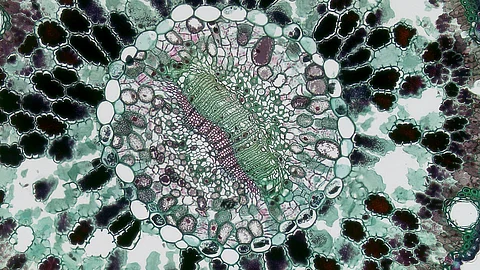Research Tip Sheet: New Single-Cell Proteomics Technology Reveals Heart Cell Differences
A multidisciplinary team of Cedars-Sinai investigators has used a novel single-cell proteomics approach to better understand the differences between naturally occurring adult heart cells and heart cells derived from induced pluripotent stem cells. Their work created one of the largest and most detailed single-cell protein datasets to date and was published in the peer-reviewed journal Molecular and Cellular Proteomics. The data could lead to improvements in how scientists study heart conditions and develop treatments.
Senior authors of the study were Jennifer Van Eyk, PhD, director of Basic Science Research in the Barbra Streisand Women’s Heart Center; Clive Svendsen, PhD, executive director of the Board of Governors Regenerative Medicine Institute; and Eduardo Marbán, MD, PhD, executive director of the Smidt Heart Institute. The work was spearheaded by postdoctoral scientists Lizhuo Ai and Vladimir Zhemkov.
Investigators tracked protein changes in individual cells as they developed from stem cells into heart cells, and revealed important differences in the structure and metabolism of these cells as compared with naturally occurring heart cells. While single-cell RNA methods are widely available now and allow thousands of genes to be assessed simultaneously, there is very little data looking at the inventory of proteins within single cells simultaneously. Cedars-Sinai is pioneering new single-cell technologies at its Innovation Center and using the most advanced protein analysis equipment to get more resolution of proteins within single cells for the first time.
We looked at cardiomyocytes, which are heart muscle cells. We discovered two distinct types of cardiomyocytes and found rare hybrid cells expressing both heart- and neuron-related proteins, suggesting that heart cells may have more protein flexibility than previously thought. These discoveries will help us create more detailed, realistic models of human heart cells.
Aleksandra Binek, PhD, Project Scientist
(MFA/Newswise)


